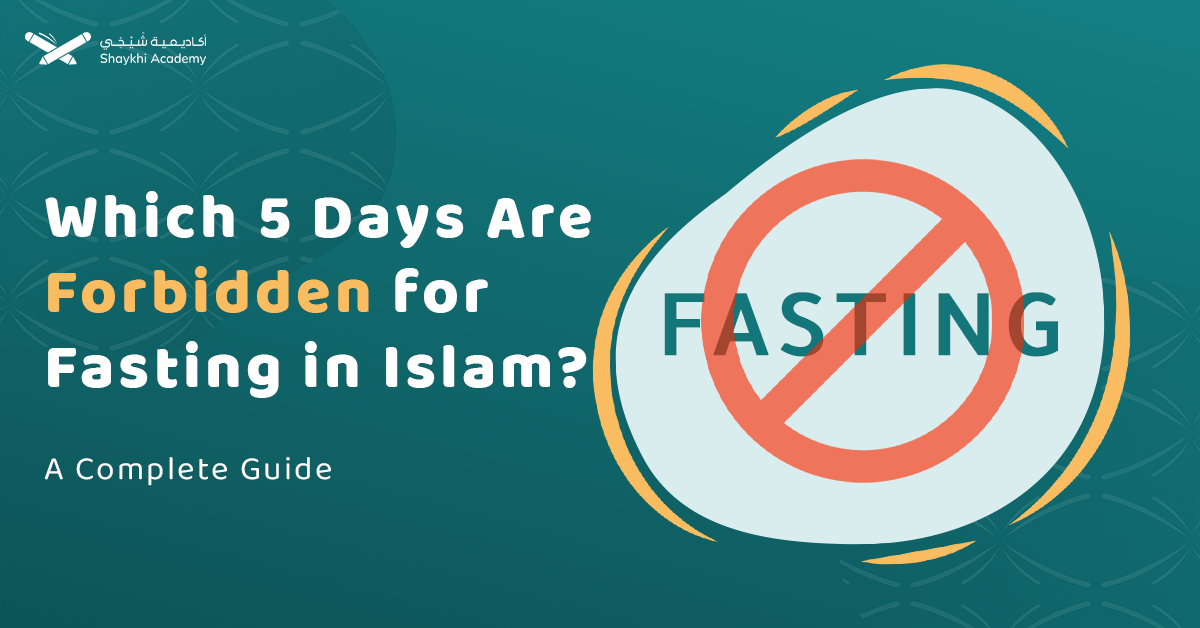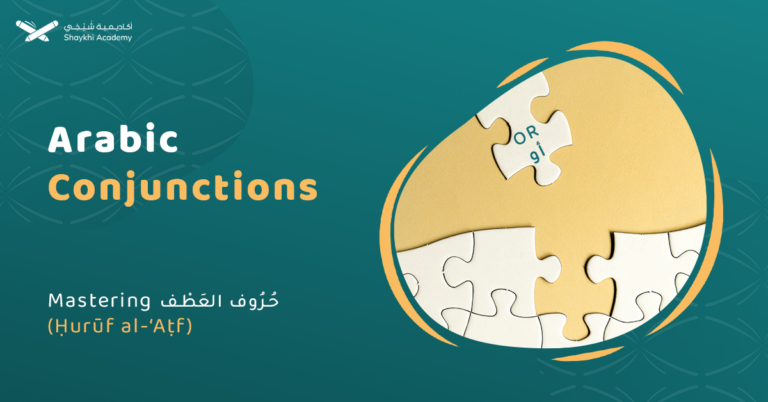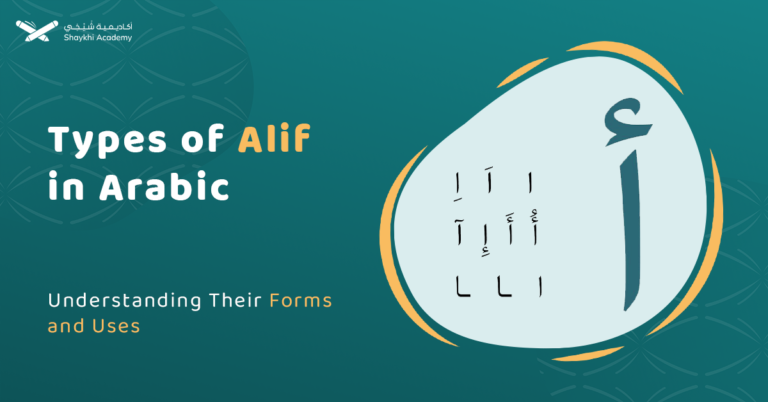As a muslim you know that there are two types of fasting, one of them is obligatory; which is Ramadan fasting, and the other is voluntary like the Sunnah days of fasting, and ofcourse you will be rewarded insha Allah for fasting both kinds.
But do you know that you will be rewarded also for not fasting on certain days? In this article, we will discuss these forbidden days.
What are the days forbidden for fasting in Islam?
The are five days forbidden in islam, you must not fast it, which are:
- Eid-Al fitr Fasting.
- Eid- Al adha Fasting and the three days of Tashreeq.
- The day of doubt(the end of Shabban).
- Single out Friday for fasting.
- Single out Saturday for fasting.
- Fasting for the full life(Sawm el dahr).
- Fasting consecutively day and night.
- The voluntary fasting for women(need husband permission).
1. Eid-Al Fitr Fasting
Eid al-Fitr is the day that comes directly after the month of Ramadan. It is like a reward for fasting during Ramadan. Muslims all around the world celebrate this day, and Allah, subhanahu wa ta’ala, rewards them for their joy. One of the signs of this happiness is eating and drinking.
عَنْ أَبِي عُبَيْدٍ، مَوْلَى ابْنِ أَزْهَرَ أَنَّهُ قَالَ شَهِدْتُ الْعِيدَ مَعَ عُمَرَ بْنِ الْخَطَّابِ رَضِيَ اللَّهُ عَنْهُ فَجَاءَ فَصَلَّى ثُمَّ انْصَرَفَ فَخَطَبَ النَّاسَ فَقَالَ إِنَّ هَذَيْنِ يَوْمَانِ نَهَى رَسُولُ اللَّهِ صَلَّى اللَّهُ عَلَيْهِ وَسَلَّمَ عَنْ صِيَامِهِمَا يَوْمُ فِطْرِكُمْ مِنْ صِيَامِكُمْ وَالْآخَرُ يَوْمٌ تَأْكُلُونَ فِيهِ مِنْ نُسُكِكُمْ.
Which means:
Abu ‘Ubayd, the ex-slave of Ibn Az’har, reported:
I witnessed Eid with ‘Umar ibn al-Khattāb (may Allah be pleased with him), and he said: These are two days that the Messenger of Allah (may Allah’s peace and blessings be upon him) forbade fasting: the day of breaking your fast, and the other day in which you eat from your sacrifice.
The day of breaking your fast refers to the first day of Eid-Al-Fitr, while the other day, when you eat from your sacrifice, refers to the first day of Eid-Al-Adha, as we will explain next.
2. Eid- Al adha Fasting and the three days of Tashreeq
Eid-Al Adha is the 10th day of Zul Hijjah, one of the Hijri months. This occurs during the time of Hajj, and it isn’t permissible to fast on this day.
You can recognize the mercy of Allah, as Muslims come from all over the world for Hajj. Most of them try to perform good deeds during the first nine days of Zul Hijjah, so with the hard effort required in Hajj, they need the strength to complete it. Thus, it is more suitable for them to eat and drink on these days.
The Days of Tashreeq are the 13th, 14th, and 15th of Zul Hijjah. The word Tashreeq means curing meat, as Arabs used to leave meat with salt under the sun to dry it.
While a Muslim who isn’t performing Hajj can fast on the Days of Tashreeq, Muslims performing Hajj cannot, except for those who cannot find an animal to sacrifice.
عَنْ عَائِشَةَ وَابْنِ عُمَرَ رَضِيَ اَللَّهُ عَنْهُمْ قَالَا: { لَمْ يُرَخَّصْ فِي أَيَّامِ اَلتَّشْرِيقِ أَنْ يُصَمْنَ إِلَّا لِمَنْ لَمْ يَجِدِ اَلْهَدْيَ }
Which means:
Al Bukhari reported on the authority of `A’ishah and Salim from Ibn `Umar (may Allah be pleased with him) who said: “Nobody was allowed to fast on the days of Tashriq except those who could not afford the Hady (Sacrifice).”
3. The day of doubt(the end of Shabban)
The month of Shabban comes after Ramdan, it is forbidden to fast the day that comes directly before Ramadan, this day is the 30th of the month.
According to the crescent moon”Al helal” it indicates the beginning of the hijri month, so if the crescent moon is not recognized, this means that the month has 30 days and the last day is called day of doubt.
As prophet Mohammed peace be upon him said:
قَالَ رَسُولُ اللَّهِ صَلَّى اللَّهُ عَلَيْهِ وَسَلَّمَ: «صُومُوا لِرُؤْيَتِهِ وَأَفْطِرُوا لِرُؤْيَتِهِ فَإِنْ غم عَلَيْكُم فَأَكْمِلُوا عِدَّةَ شَعْبَانَ ثَلَاثِينَ»
Which means:
“Fast when you see it and break your fast when you see it, and if the weather is cloudy treat Sha‘ban as having thirty days.”
4. Single out Friday or Saturday for fasting
It is also forbidden to fast on Saturday alone without fasting on Friday or Sunday, and the same applies to fasting on Friday alone without fasting on Thursday or Saturday. This rule applies to general voluntary fasting. However, it is permissible to fast on Saturday alone or Friday alone if the fast is for a vow, for making up missed days of Ramadan, or if it is part of the fasting of Dawood (peace be upon him), who fasted on alternate days. This means that if you fast on Friday this week, you will fast on Saturday the next week.
You find this meaning in the next hadith:
عَنْ أَبِي هُرَيْرَةَ - رضى الله عنه - عَنِ اَلنَّبِيِّ - صلى الله عليه وسلم -قَالَ: { لَا تَخْتَصُّوا لَيْلَةَ اَلْجُمُعَةِ بِقِيَامٍ مِنْ بَيْنِ اَللَّيَالِي, وَلَا تَخْتَصُّوا يَوْمَ اَلْجُمُعَةِ بِصِيَامٍ مِنْ بَيْنِ اَلْأَيَّامِ, إِلَّا أَنْ يَكُونَ فِي صَوْمٍ يَصُومُهُ أَحَدُكُمْ }
Which means:
Abu Hurairah (RAA) narrated that The Messenger of Allah (may Allah’s peace and blessings be upon him) said:
“Do not single out Friday night (i.e. the night preceding Friday) among all the other nights for performing the night prayer. Also, do not single out Friday among other days for fasting, unless it coincides with the days one regularly fasts.”
5. Fasting for the full life(Sawm el dahr)
This type of fasting means fasting all the days of the year. It is disliked to do this type of fast as it weakens the body and may cause difficulty in worship and in performing daily required tasks.
Here is the hadith that discusses this case in detail:
روي عن عَبْدَ اللَّهِ بْنَ عَمْرِو بْنِ الْعَاصِ ـ رضى الله عنهما ـ قَالَ قَالَ لِي النَّبِيُّ صلى الله عليه وسلم ” إِنَّكَ لَتَصُومُ الدَّهْرَ، وَتَقُومُ اللَّيْلَ ”. فَقُلْتُ نَعَمْ. قَالَ ” إِنَّكَ إِذَا فَعَلْتَ ذَلِكَ هَجَمَتْ لَهُ الْعَيْنُ وَنَفِهَتْ لَهُ النَّفْسُ، لاَ صَامَ مَنْ صَامَ الدَّهْرَ، صَوْمُ ثَلاَثَةِ أَيَّامٍ صَوْمُ الدَّهْرِ كُلِّهِ ”. قُلْتُ فَإِنِّي أُطِيقُ أَكْثَرَ مِنْ ذَلِكَ. قَالَ ” فَصُمْ صَوْمَ دَاوُدَ عَلَيْهِ السَّلاَمُ كَانَ يَصُومُ يَوْمًا وَيُفْطِرُ يَوْمًا، وَلاَ يَفِرُّ إِذَا لاَقَى ”
Narrated `Abdullah bin `Amr bin Al-`As:
The Prophet (may Allah’s peace and blessings be upon him) said to me, “You fast daily all the year and pray every night all the night?” I replied in the affirmative. The Prophet (may Allah’s peace and blessings be upon him) said, “If you keep on doing this, your eyes will become weak and your body will get tired. He who fasts all the year is as he who did not fast at all. The fasting of three days (a month) will be equal to the fasting of the whole year.” I replied, “I have the power for more than this.” The Prophet (}may Allah’s peace and blessings be upon him) said, “Then fast like the fasting of David who used to fast on alternate days and would never flee from the battle field, on meeting the enemy.”
6. Fasting consecutively day and night
This type of fasting means fasting day and night consecutively without breaking the fast, as the fast ends at the time of sunset, which is the time of Maghrib prayer.
Although Prophet Muhammad (peace be upon him) fasted consecutively day and night(wisal), it is not permissible for other Muslims to do the same.
Here is the hadith that discusses this case in detail:
عَنْ عَائِشَةَ ـ رضى الله عنها ـ قَالَتْ نَهَى رَسُولُ اللَّهِ صلى الله عليه وسلم عَنِ الْوِصَالِ، رَحْمَةً لَهُمْ فَقَالُوا إِنَّكَ تُوَاصِلُ. قَالَ “ إِنِّي لَسْتُ كَهَيْئَتِكُمْ، إِنِّي يُطْعِمُنِي رَبِّي وَيَسْقِينِ ”.
Which means:
Narrated Aisha:Allah’s Messenger (may Allah’s peace and blessings be upon him) forbade Al-Wisal out of mercy to them. They said to him, “But you practice Al- Wisal?” He said, “I am not similar to you, for my Lord gives me food and drink. “
7. The voluntary fasting for women (without husband permission)
Obeying the husband in Islam is mandatory, and it is a great opportunity for women to enter Jannah through their obedience, as mentioned in the hadith:
عَنْ أَنَسٍ قَالَ: قَالَ رَسُولُ اللَّهِ صَلَّى اللَّهُ عَلَيْهِ وَسَلَّمَ: «الْمَرْأَةُ إِذَا صَلَّتْ خَمْسَهَا وَصَامَتْ شَهْرَهَا وَأَحْصَنَتْ فَرْجَهَا وَأَطَاعَتْ بَعْلَهَا فَلْتَدْخُلْ مِنْ أَيِّ أَبْوَابِ الْجَنَّةِ شَاءَتْ»
Which means:
Anas reported God’s Messenger as saying, “When a woman observes the five times of prayer, fasts during Ramadan, preserves her chastity and obeys her husband, she may enter by any of the gates of paradise she wishes.”*
* A way of saying nothing will prevent her from entering paradise.
So, a woman shouldn’t observe voluntary fasting without the permission of her husband, as mentioned in the hadith:
عن أبي هُرَيْرَةَ رضي الله عنه قال، قَالَ رَسُولُ اللَّهِ صلى الله عليه وسلم “ لاَ تَصُومُ الْمَرْأَةُ وَبَعْلُهَا شَاهِدٌ إِلاَّ بِإِذْنِهِ غَيْرَ رَمَضَانَ وَلاَ تَأْذَنُ فِي بَيْتِهِ وَهُوَ شَاهِدٌ إِلاَّ بِإِذْنِهِ ” .
Which means:
Abu Hurairah reported the Messenger of Allah (may Allah’s peace and blessings be upon him) as saying:
It is not allowable for a woman to keep (voluntary) fast when her husband is present without his permission, and she may not allow anyone to enter his house without his permission.
Unlock the Path to Quranic Mastery with Shaykhi Academy!
Are you seeking the finest Quranic education right from the comfort of your home? Look no further! Shaykhi Academy stands out as a premier online Quran learning platform, dedicated to providing exemplary education to both children and adults.
Why Choose Shaykhi Academy?
- Connect with highly qualified native tutors.
- Flexible scheduling to suit your busy lifestyle.
- Affordable classes tailored for all levels.
- Accessible from anywhere around the globe.
Discover Our Range of Courses:
- Arabic Noorani Qaida: Lay a solid foundation for Quranic studies.
- Online Quran Classes for Kids: Engaging lessons for lifelong learning.
- Tajweed Rules for Kids: Learn to recite with confidence.
- Quran Hifz for Kids: Step-by-step guidance to memorize the Quran.
- Quran for Adults: Introduce yourself to Quran reading and Tajweed rules.
- Online Arabic Courses: Master the language of the Quran.
- Islamic Studies: A wide range of topics related to Islam, including theology, law, Quranic studies, Hadith.
Don’t Miss Out on Your Chance to Excel!
Whether you’re a beginner or seeking advanced knowledge, Shaykhi Academy can guide you! Book your free trial now and make Ramadan 2024 your Quranic turning point!

Conclusion
There are two types of fasting, one of them is obligatory; which is Ramadan fasting, and the other is voluntary like the Sunnah days of fasting,as you will be rewarded insha Allah for fasting both kinds, you will be rewarded also for not fasting on certain days.
The forbidden fasting days in islam, you must not fast it, which are:
Eid-Al fitr fasting, which is the day that comes directly after the month of Ramadan, Eid- Al adha fasting which is the 10th day of Zul Hijjah and the three days of Tashreeq which are the 13th, 14th, and 15th of Zul Hijjah and
the day of doubt(the end of Shabban).
You also shouldn’t single out Friday or Saturday for fasting. It is also forbidden to fast for one’s entire life (Sawm al-Dahr) or to fast consecutively day and night without breaking the fast. For women, they must not observe voluntary fasting without their husband’s permission.














































